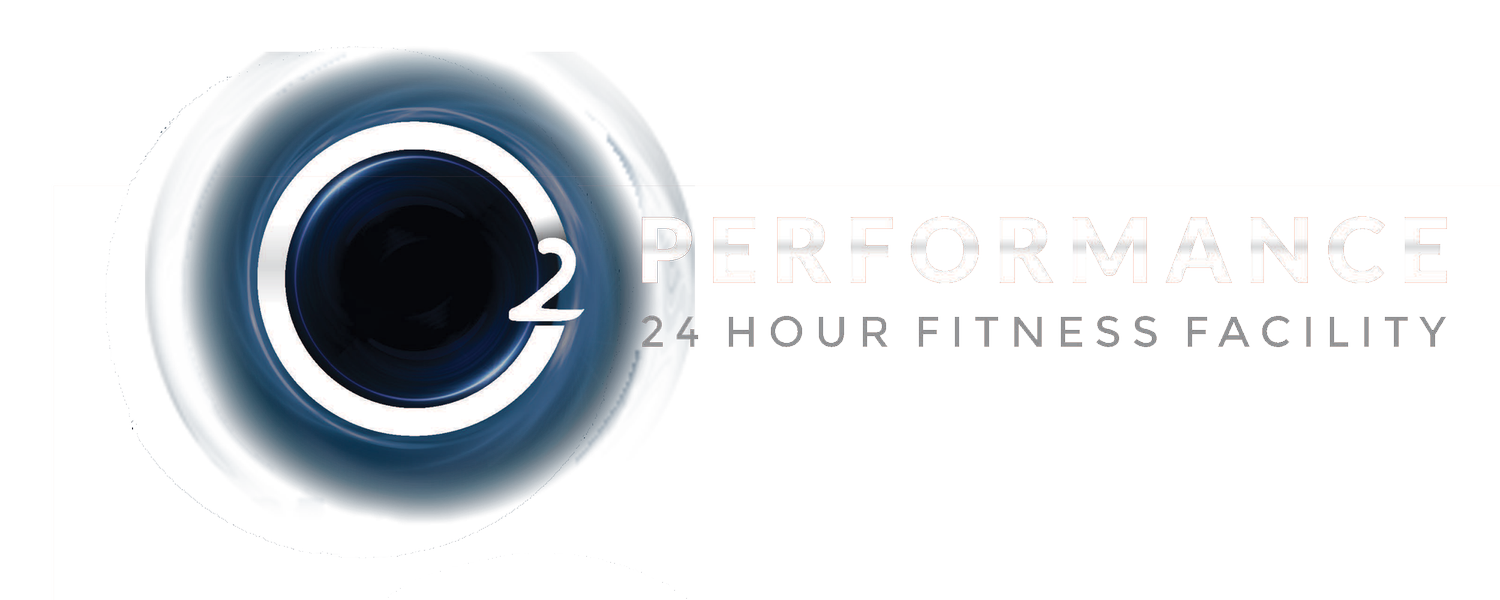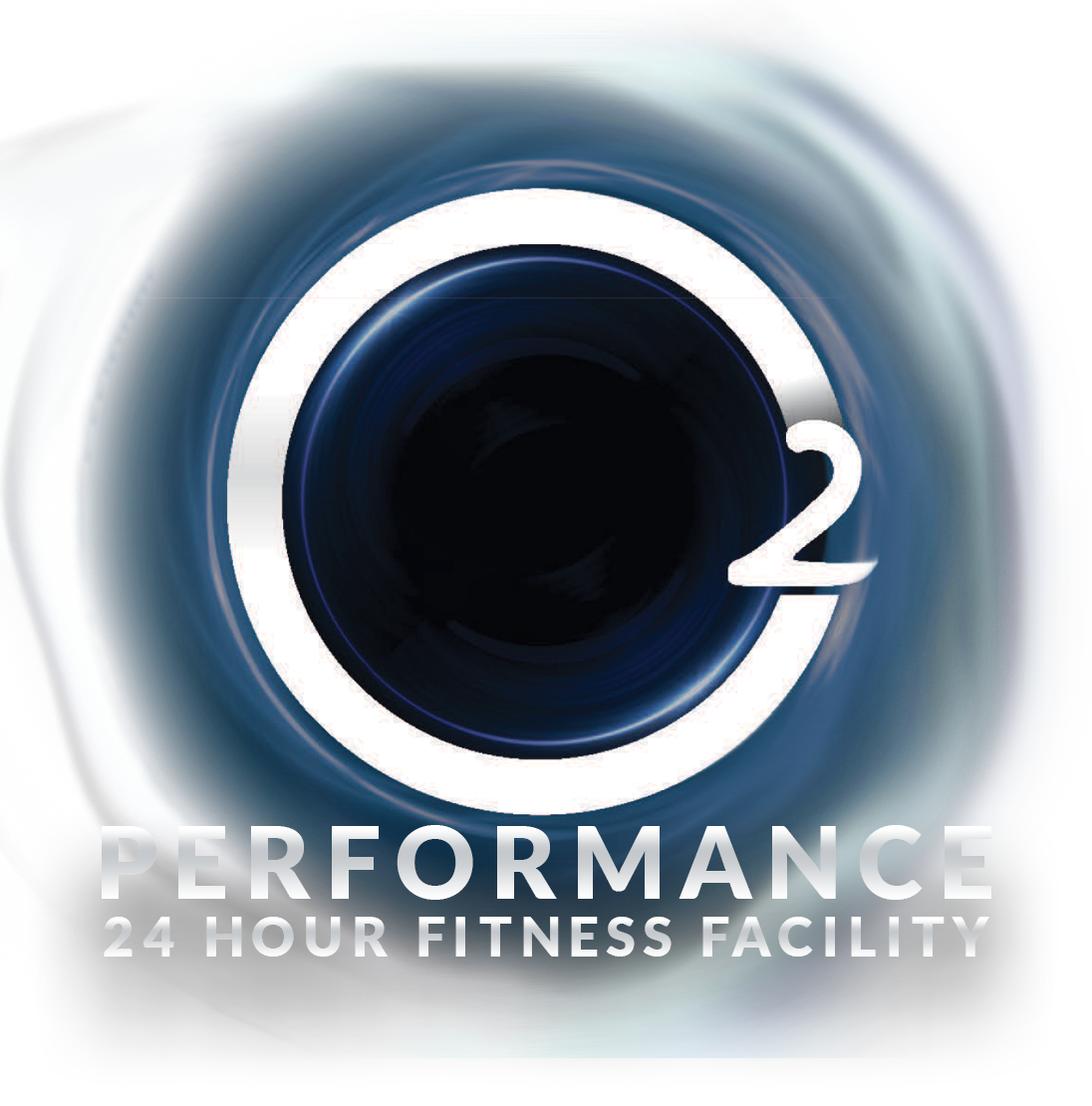Unveiling the Power of Micronutrients: Fueling Your Gym Journey
Welcome back, fitness enthusiasts, to another exciting blog post from us! Today, we're diving deep into a topic that often goes unnoticed but plays a crucial role in your fitness journey: micronutrients. These tiny, mighty nutrients are the unsung heroes behind your overall health and fitness success. In this blog, we'll explore what micronutrients are, why they matter for gym-goers, and how you can ensure you're getting enough of them to supercharge your workouts.
What Are Micronutrients?
Before we delve into the gym-specific benefits, let's understand what micronutrients are. Micronutrients are essential vitamins and minerals that your body needs in relatively small quantities compared to macronutrients (like proteins, carbohydrates, and fats) but are equally vital for optimal health. They include vitamins (such as A, C, D, E, and K) and minerals (like calcium, magnesium, zinc, and iron).
Micronutrients: The Gym-Goer's Best Friend
Energy Metabolism: Vitamins like B-complex vitamins (B1, B2, B3, B6, B12) and minerals like magnesium and iron are essential for energy metabolism. They help convert the food you eat into energy that fuels your workouts. Without these micronutrients, you might find yourself feeling sluggish during your gym sessions.
Muscle Function: Micronutrients play a crucial role in muscle contraction and relaxation. Calcium, for instance, is involved in muscle contractions, while magnesium helps in muscle relaxation. A balance of these minerals is crucial for smooth and efficient muscle movements during exercise.
Immune Support: A strong immune system is essential for consistent gym attendance. Vitamins like C and D, along with minerals like zinc, help support your immune system. Regular exercise can temporarily weaken the immune system, making these micronutrients even more critical for gym-goers.
Recovery and Repair: After an intense workout, your body needs to repair and recover. Vitamins E and C act as antioxidants, helping to reduce exercise-induced oxidative stress and aid in post-workout recovery.
Bone Health: Calcium and vitamin D are vital for maintaining strong bones, which is crucial for weight-bearing exercises. Without adequate calcium and vitamin D, you may be at risk of stress fractures and other bone-related injuries.
Hormone Regulation: Certain vitamins and minerals, like vitamin D, play a role in hormone regulation. Hormones like testosterone are essential for muscle growth and overall fitness progress.
How to Ensure You Get Enough Micronutrients
Balanced Diet: The first step to ensure you're getting enough micronutrients is to have a balanced diet. Consume a wide variety of foods, including fruits, vegetables, lean proteins, whole grains, and dairy products, to cover your micronutrient needs.
Supplementation: In some cases, especially if you have dietary restrictions or specific deficiencies, supplementation may be necessary. Consult with a healthcare professional or nutritionist to determine your specific needs.
Regular Blood Tests: Periodic blood tests can help identify any deficiencies in your micronutrient levels. This information can guide your dietary choices and supplement intake.
Meal Timing: Consider when you consume your micronutrients. Some vitamins and minerals are better absorbed when taken with certain foods or at specific times of the day.
Micronutrients may be small in quantity, but they pack a powerful punch when it comes to supporting your fitness goals. As a gym enthusiast, paying attention to your micronutrient intake is just as important as hitting the weights or cardio machines. A well-balanced diet rich in vitamins and minerals will not only fuel your workouts but also enhance your overall health, helping you achieve those fitness milestones faster and with fewer roadblocks.
At O2, we're committed to your fitness journey, inside and out. Stay tuned for more informative articles to help you unlock your full fitness potential.


